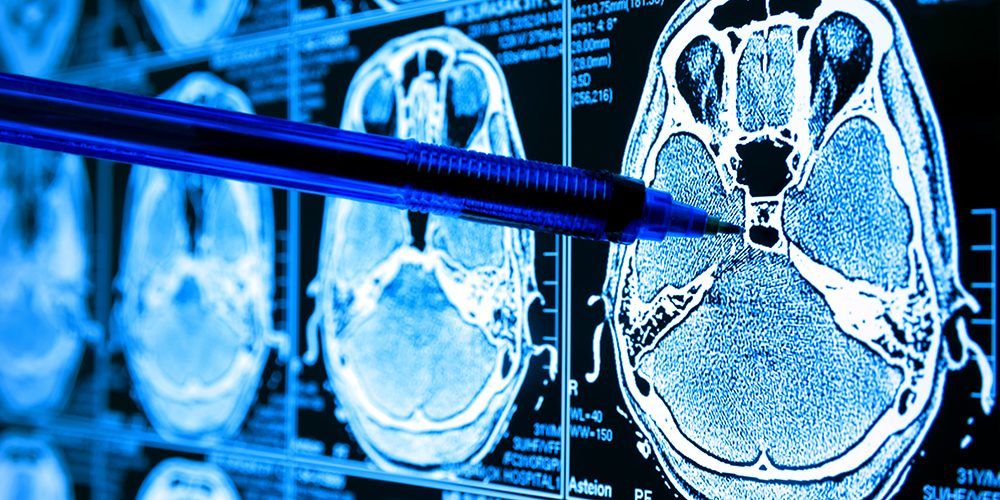Gary Bader (University of Toronto): Dr. Gary Bader is a Professor in the Department of Molecular Genetics at the University of Toronto. He is well-known for his work on computational methods for analyzing biological networks, particularly protein-protein interaction networks.
Quaid Morris (University of Toronto): Dr. Quaid Morris is a Professor in the Donnelly Centre for Cellular and Biomolecular Research and the Department of Molecular Genetics at the University of Toronto. He has made significant contributions to computational biology, genomics, and machine learning, with a focus on developing algorithms for analyzing biological data.
Anne-Claude Gingras (University of Toronto): Dr. Anne-Claude Gingras is a Senior Investigator at the Lunenfeld-Tanenbaum Research Institute and a Professor in the Department of Molecular Genetics at the University of Toronto. Her research interests include computational analysis of protein interactions and complex assembly.
Alan Moses (University of Toronto): Dr. Alan Moses is an Associate Professor in the Department of Cell & Systems Biology and the Department of Computer Science at the University of Toronto. He is known for his work on computational methods for studying gene regulation and evolutionary genomics.
Nicholas Provart (University of Toronto): Dr. Nicholas Provart is a Professor in the Department of Cell & Systems Biology at the University of Toronto. His research focuses on computational analysis of gene expression data and systems biology approaches to understanding plant development and response to environmental stresses.
Gary D. Bader (University of Toronto): Dr. Gary D. Bader is another notable scholar at the University of Toronto. His research interests lie in computational biology, particularly in the areas of network biology and systems biology.
These scholars have made significant contributions to advancing the field of computational biology through their research, publications, and mentorship within Canada and beyond.




